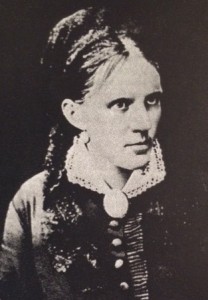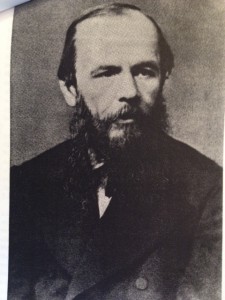Terry had serious throat cancer. He was pastoring a small church in rural Montana. As part of the community of people who loved him, we prayed hard and fasted long. We encouraged him and his family in every way we knew how. One by one, medical answers came up empty. Still throughout his illness we sought God’s healing power.
But Terry died anyway. He was only 39.
I cried a flood tears. My heart broke for his family. But honestly—some tears revealed my disappointment with God. Why would He take such a wonderful man? We needed Terry here. God is able to heal—but in this case, He didn’t. I asked God for understanding. Over the course of Terry’s decline I saw four dramatic symbolic pictures. In the wake of Terry’s death, God made sense of them.Continue reading














